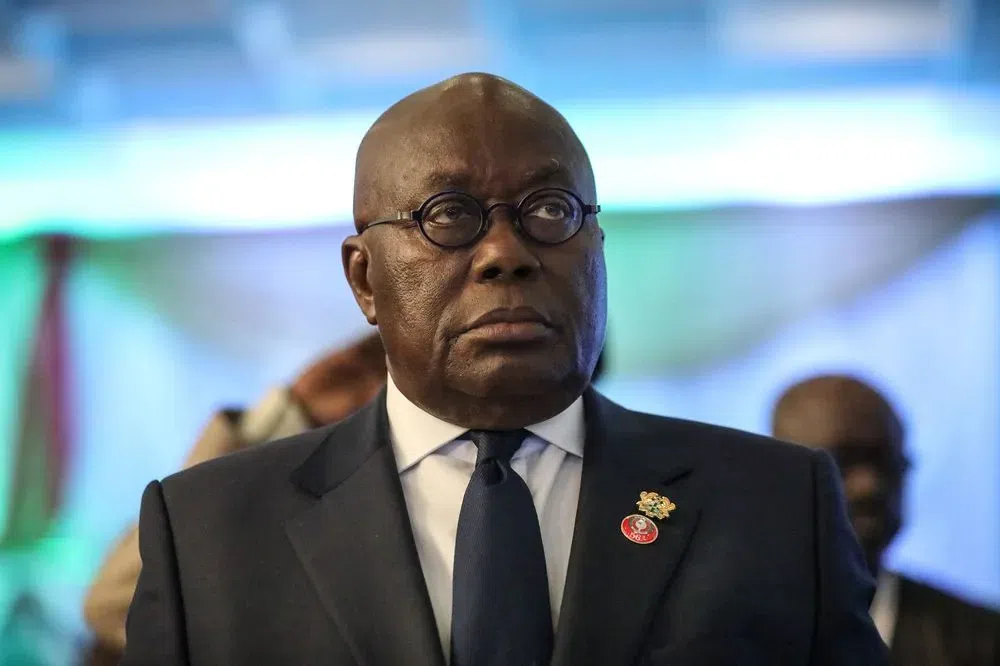
The ruling New Patriotic Party (NPP) suffered a historic defeat in the 2024 presidential and parliamentary elections to the main opposition National Democratic Congress (NDC). The NDC’s John Mahama received 6,328,397 votes (56.55%), followed by the NPP’s Dr Mahamudu Bawumia, with 4,657,304 votes (41.61%). This defeat can largely be attributed to a series of high-profile controversies and scandals that depleted public trust in the government.
Below is an account of some of these issues.
PDS Scandal
The Power Distribution Services (PDS) scandal emerged in March 2019, involving a controversial concession agreement that granted PDS a 25-year mandate to manage the Electricity Company of Ghana (ECG). The United States Millennium Challenge Corporation (MCC) withheld a crucial $190 million tranche of funding, citing irregularities in the agreement. This scandal not only cost Ghana much-needed energy sector investments but also exposed governance flaws within the NPP administration.
National Cathedral Controversy
The National Cathedral project, initiated by President Akufo-Addo in 2018, was meant to serve as a Christian landmark and a venue for state religious events. However, the project became highly controversial due to allegations of financial mismanagement. Over GH?225 million was spent on the unfinished structure, leading to calls for an investigation and prosecution of those involved. CHRAJ recently recommended the termination of contracts and legal action against board members. Many viewed the project as a misplaced priority amid worsening economic conditions.
Presidential Jet Scandal
In July 2021, President Nana Akufo-Addo faced heavy criticism for renting an Airbus ACJ320neo for international trips at £15,000 per hour. North Tongu MP Samuel Okudzeto Ablakwa revealed that a trip to Europe and Africa had cost taxpayers £345,000 (GH?2,828,432.80). The Defence Minister, Dominic Nitiwul, defended the decision, claiming the Falcon presidential jet was unsuitable due to its lack of shower facilities. This explanation fuelled public resentment, with many questioning the administration’s sensitivity to Ghana’s financial hardships.
COVID-19 Expenditure Scandal
The Auditor-General’s report on Ghana’s COVID-19 expenditure revealed significant financial mismanagement in the handling of funds between March 2020 and June 2022. Key infractions included payments totalling $607,419.02 for 26 ambulances that were never delivered, an unapproved GH?151,500 disbursed by the Information Ministry as COVID-19 insurance for its staff, and $80 million spent on vaccines that were never supplied. These revelations outraged the public, who viewed the mismanagement as a betrayal during one of the nation’s most challenging times.
E-Levy and Betting Tax Controversies
E-Levy
The controversial Electronic Transactions Levy (E-Levy) was introduced in March 2022, imposing a 1.5% tax on all electronic transactions exceeding GH?100 daily. The move faced widespread opposition and protests, with critics labelling it regressive and burdensome on Ghanaians.
Betting Tax
In August 2023, the Ghana Revenue Authority introduced a 10% withholding tax on lottery and sports betting winnings. This policy was met with significant backlash from young Ghanaians, who criticised the government for imposing unnecessary financial strain. Both measures alienated large segments of voters, particularly the youth, who felt their economic aspirations were being compromised.
Cecilia Abena Dapaah Scandal
In July 2023, former Sanitation Minister Cecilia Abena Dapaah resigned after a scandal involving the theft of large sums of cash from her home by domestic staff. The stolen items included $1 million, €300,000, and GH?350,000, alongside luxury handbags and jewellery valued at thousands of dollars. The public expressed outrage over the source of such wealth, questioning the ethics of public officials. Although the Office of the Special Prosecutor launched an investigation, the incident further damaged the government’s credibility.
Galamsey Report by Prof. Frimpong-Boateng
Illegal mining, or galamsey, became a major concern leading to the 2024 elections. The government was heavily criticised for its failure to address environmental degradation caused by illegal mining activities. In April 2023, a leaked report by Prof. Kwabena Frimpong-Boateng, a former Environment Minister, accused high-ranking NPP officials of involvement in galamsey. The report implicated individuals at the Jubilee House and highlighted governmental inaction, fuelling public discontent.
These scandals, which spanned multiple sectors, contributed significantly to the NPP's downfall in the 2024 general elections.
Read Full Story
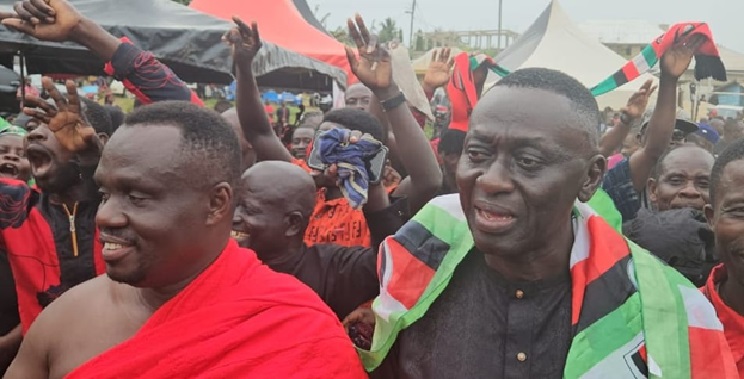
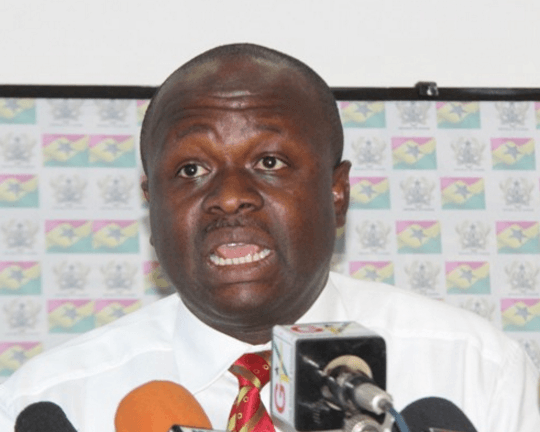


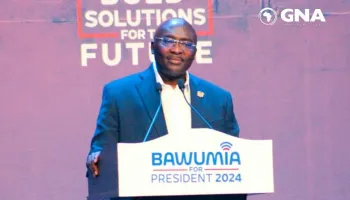


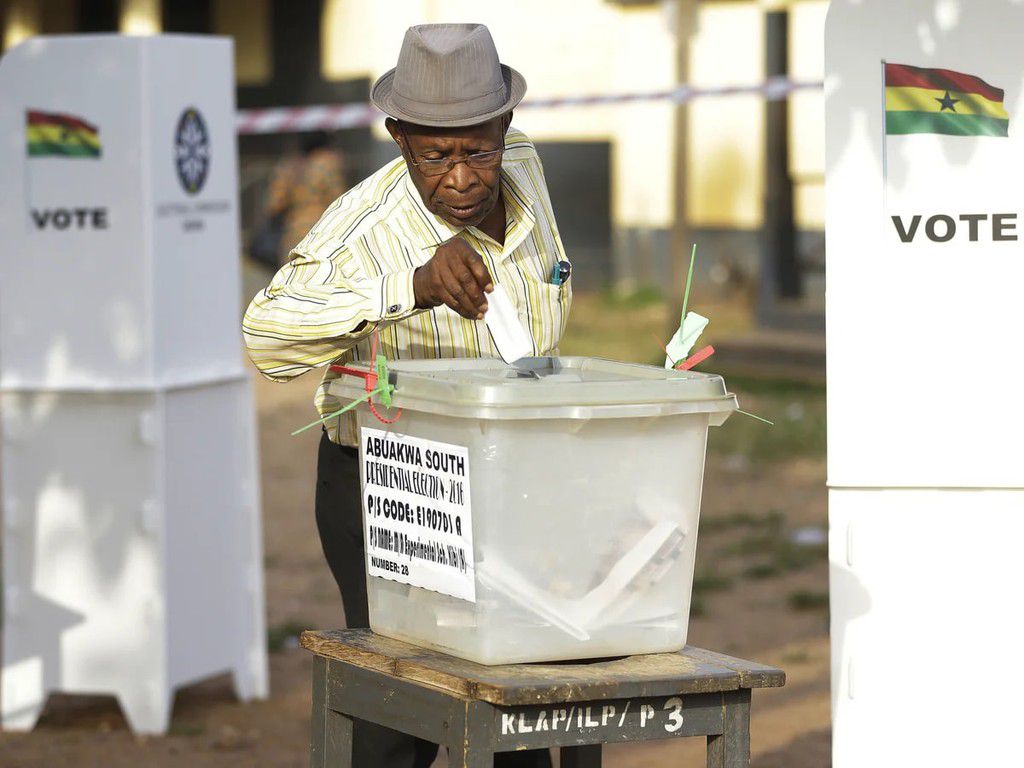

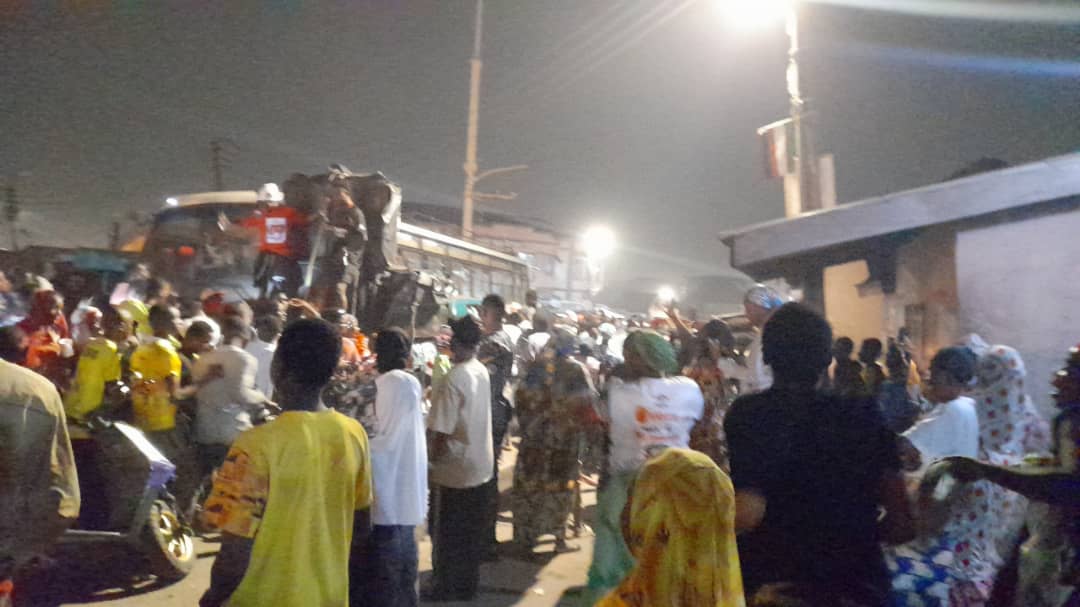

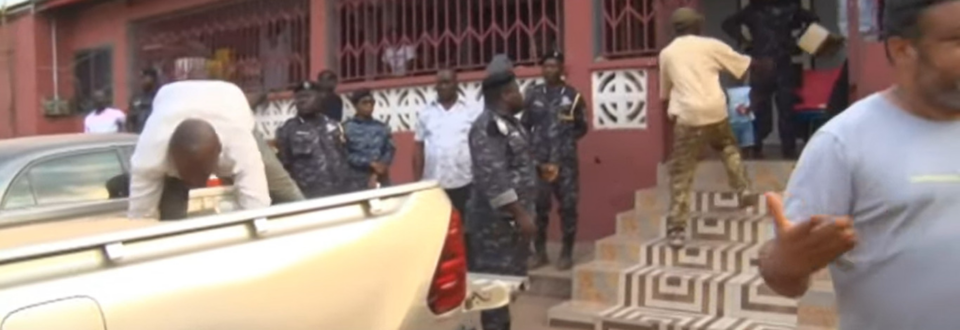
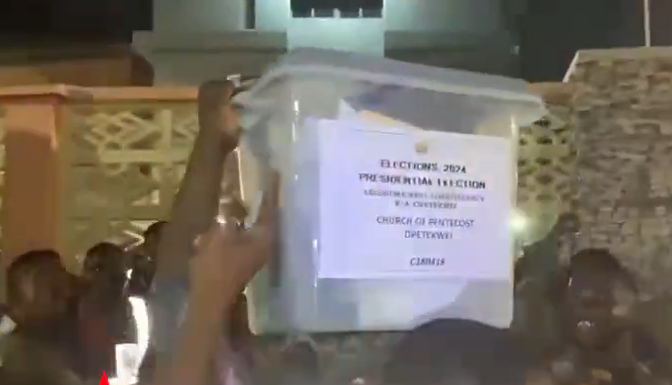
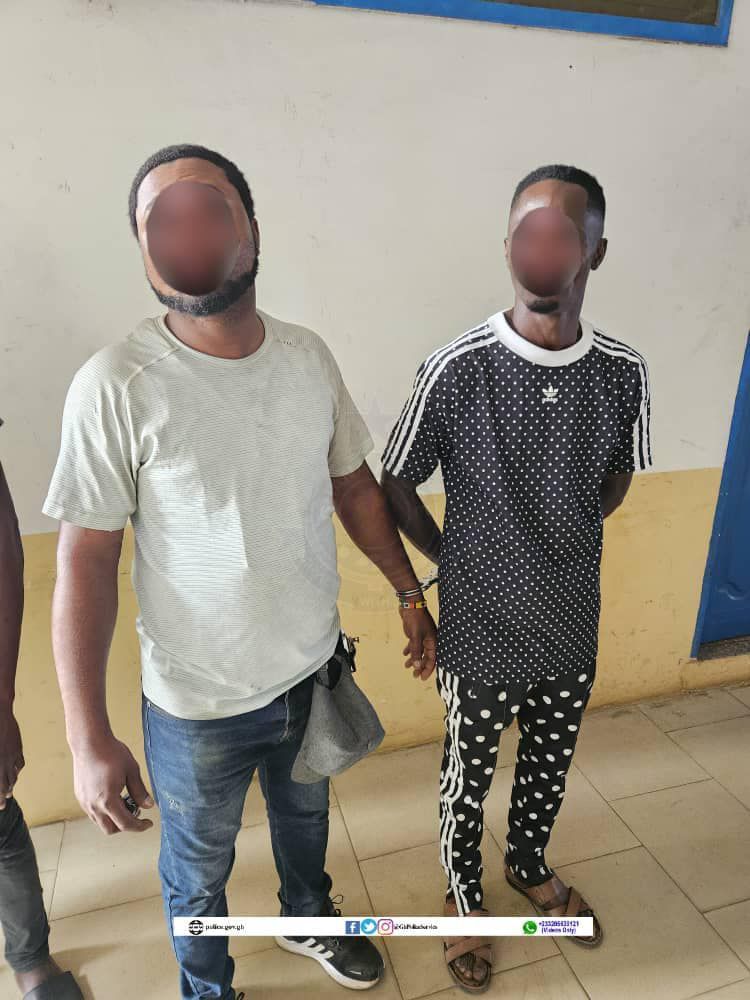
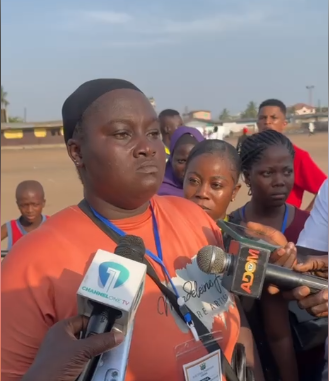
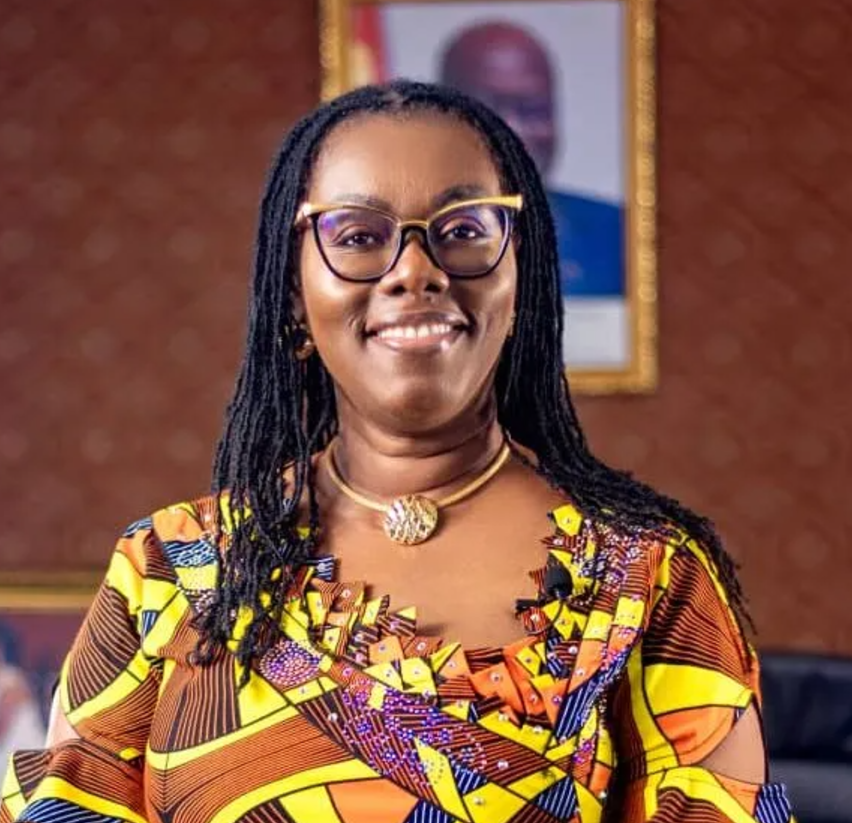


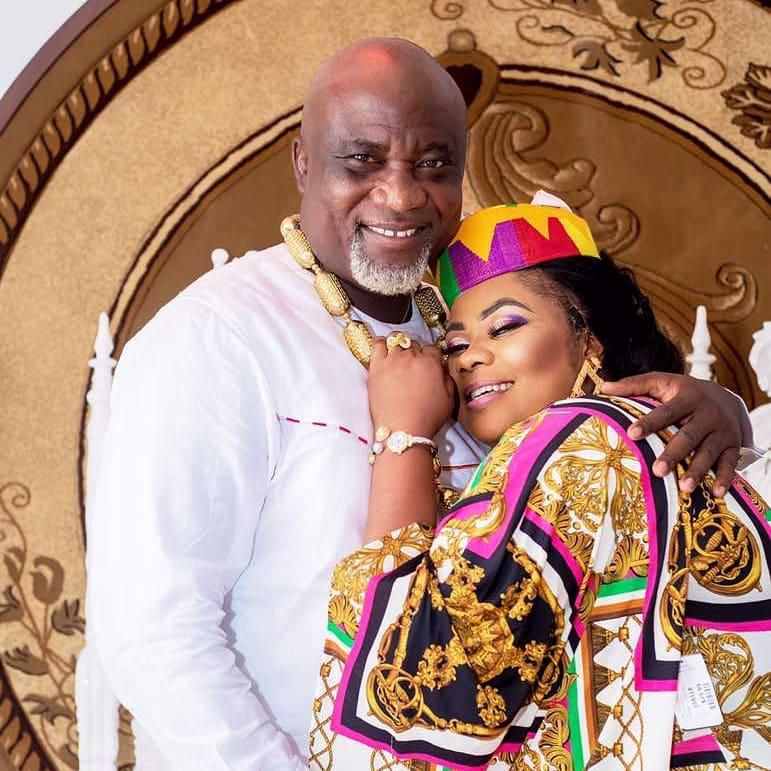

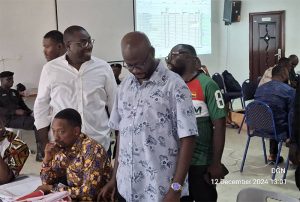
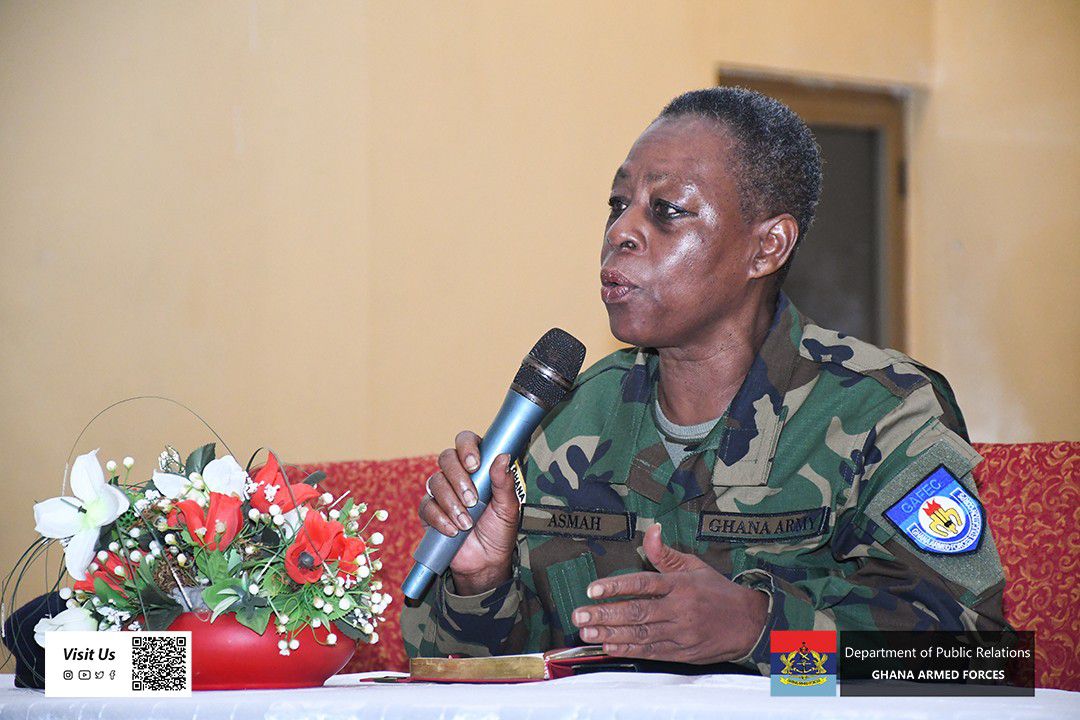

Facebook
Twitter
Pinterest
Instagram
Google+
YouTube
LinkedIn
RSS